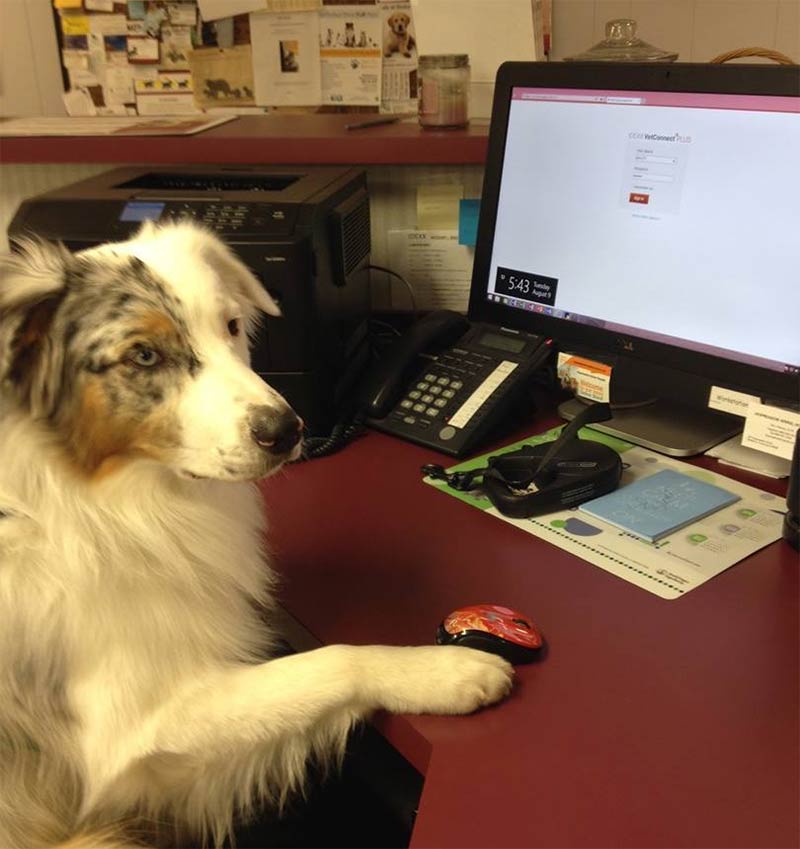FAQs
Here are some questions and answers that we are frequently asked. If you have additional questions that aren't covered here, please feel free to give us a call at Hopmeadow Animal Hospital (860) 658-1931.
What are the hospital hours?
Do I need to have an appointment?
Yes, patients are seen by appointment.
What forms of payment do you accept?
Cash, Check (with proper identification), Debit, Discover, MasterCard, Visa, and Care Credit. You can visit our hospital policy page for more details.
Can I make payments?
Full payment is required at the time of service. We use a payment plan provider Care Credit that extends a 6-month interest-free plan, their phone number is 800-677-0718.
At what age can I have my pet spayed or neutered?
Spaying or neutering can be done at approximately 6 months of age. Your pet is given an exam before surgery to confirm that your pet is healthy enough to undergo the surgical procedure. Current vaccinations (a minimum of Rabies and Distemper) are required at the time of surgery. Also, a pre-anesthetic blood screen is recommended before undergoing anesthesia and surgery.
What is the pre-anesthetic blood screening?
This is a blood test that is run here in the clinic before surgery. It tests the organ functions, blood counts, and clotting function of your pet. The pre-anesthetic blood screening is done to assure safety during surgery and the ability to heal following surgery.
How long do the sutures stay in after my pet's surgery?
Most surgical procedures involve the use of dissolvable sutures. If non-dissolving sutures are used then they will need to be removed about 14 days after surgery.
Is it a good idea to let my pet have at least one litter before she is spayed?
No, there is no advantage to letting your pet have one litter. However, there are plenty of advantages to having your pet spayed or neutered. These advantages include decreasing the chances of breast tumors later in life, decreasing the chance of cystic ovaries and uterine infections later in life, decreasing the desire to roam the neighborhood, decreasing the incidence of prostate cancer later in life, helping prevent spraying and marking, and also decreases the surplus of unwanted puppies and kittens.
Do you board pets?
No, for the safety and health of the animals, we only board animals that need special medical supervision. We are able to provide you with a list of trusted boarding kennels and pet sitters.
Do you recommend using a heartworm preventive every 30 days?
Yes, we recommend giving a heartworm preventative every 30 days, 12 months a year. Some examples are: Heartgard Plus, or Revolution.
Can my pet eat the morning of their surgery? Is water ok?
We ask that all surgery patients not eat after 8 pm the night before surgery or the morning of surgery. Water is acceptable and we will offer your pet water while your pet is with us. If your pet is taking daily medications please call the office to confirm which medications can be safely given. If your pet is diabetic or a rabbit call us for feeding instructions.
Can I bring my pet's food or bedding?
Yes, if your pet is on a special diet or if you would like your pet to eat their own food just bring it in a baggie with their name clearly labeled on the front. You may also bring in a special toy or blanket for your pet.

